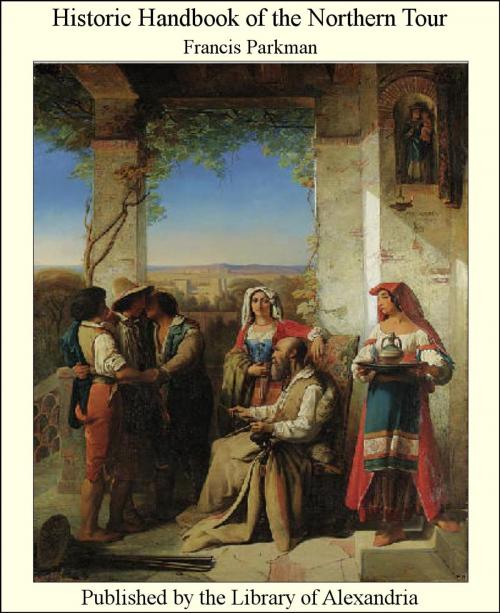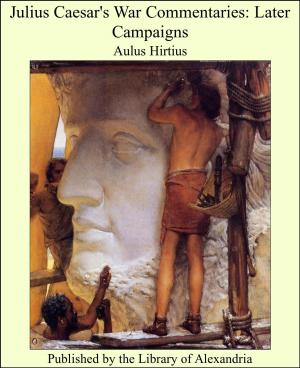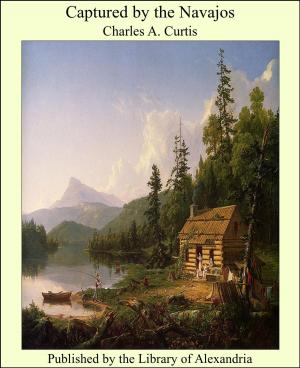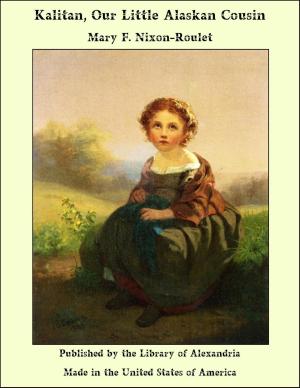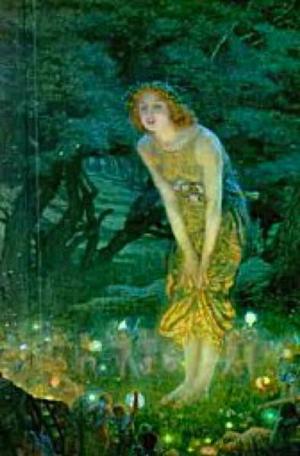Historic Handbook of the Northern Tour
Nonfiction, Religion & Spirituality, New Age, History, Fiction & Literature| Author: | Francis Parkman | ISBN: | 9781465523587 |
| Publisher: | Library of Alexandria | Publication: | March 8, 2015 |
| Imprint: | Language: | English |
| Author: | Francis Parkman |
| ISBN: | 9781465523587 |
| Publisher: | Library of Alexandria |
| Publication: | March 8, 2015 |
| Imprint: | |
| Language: | English |
This beautiful lake owes its name to Samuel de Champlain, the founder of Quebec. In 1609, long before the Pilgrim Fathers landed at Plymouth, he joined a band of Huron and Algonquin warriors on an expedition against their enemies, the Iroquois, since known as the Five Nations of New York. While gratifying his own love of adventure, he expected to make important geographical discoveries. After a grand war dance at the infant settlement of Quebec, the allies set out together. Champlain was in a boat, carrying, besides himself, eleven men, chief among whom were one Marais and a pilot named La Routte, all armed with the arquebuse, a species of firearm shorter than the musket, and therefore better fitted for the woods. They ascended the St. Lawrence and entered the Richelieu, which forms the outlet of Lake Champlain. Here, to Champlain's great disappointment, he found his farther progress barred by the rapids at Chambly, though the Indians had assured him that his boat could pass all the way unobstructed. He told them that though they had deceived him, he would not abandon them, sent Marais with the boat and most of the men back to Quebec, and, with two who offered to follow him, prepared to go on in the Indian canoes
This beautiful lake owes its name to Samuel de Champlain, the founder of Quebec. In 1609, long before the Pilgrim Fathers landed at Plymouth, he joined a band of Huron and Algonquin warriors on an expedition against their enemies, the Iroquois, since known as the Five Nations of New York. While gratifying his own love of adventure, he expected to make important geographical discoveries. After a grand war dance at the infant settlement of Quebec, the allies set out together. Champlain was in a boat, carrying, besides himself, eleven men, chief among whom were one Marais and a pilot named La Routte, all armed with the arquebuse, a species of firearm shorter than the musket, and therefore better fitted for the woods. They ascended the St. Lawrence and entered the Richelieu, which forms the outlet of Lake Champlain. Here, to Champlain's great disappointment, he found his farther progress barred by the rapids at Chambly, though the Indians had assured him that his boat could pass all the way unobstructed. He told them that though they had deceived him, he would not abandon them, sent Marais with the boat and most of the men back to Quebec, and, with two who offered to follow him, prepared to go on in the Indian canoes
